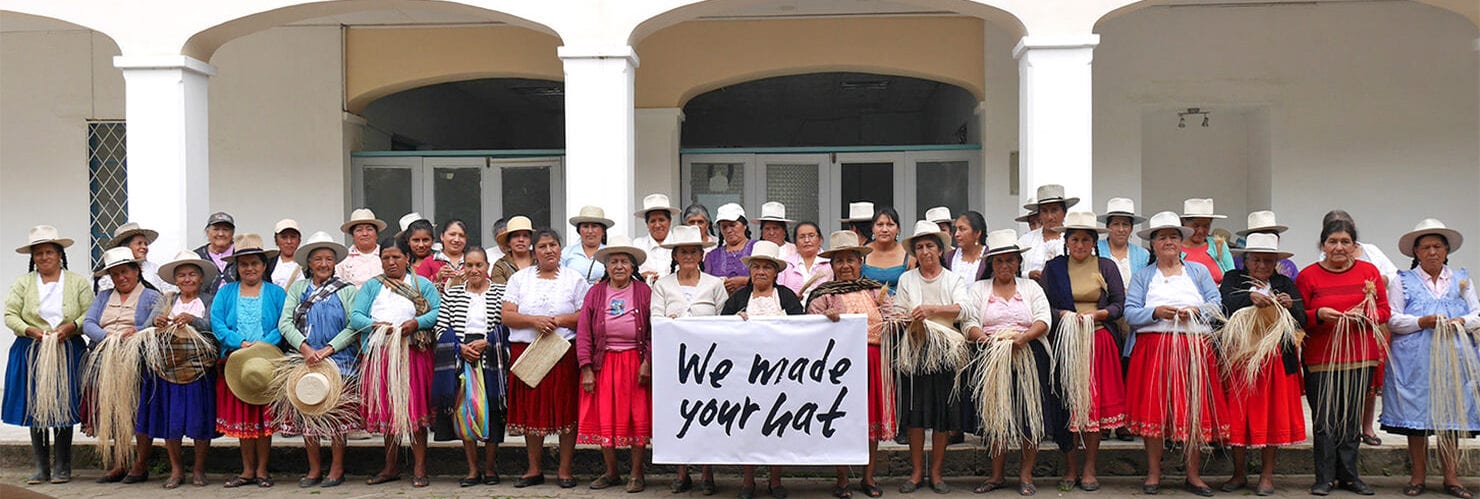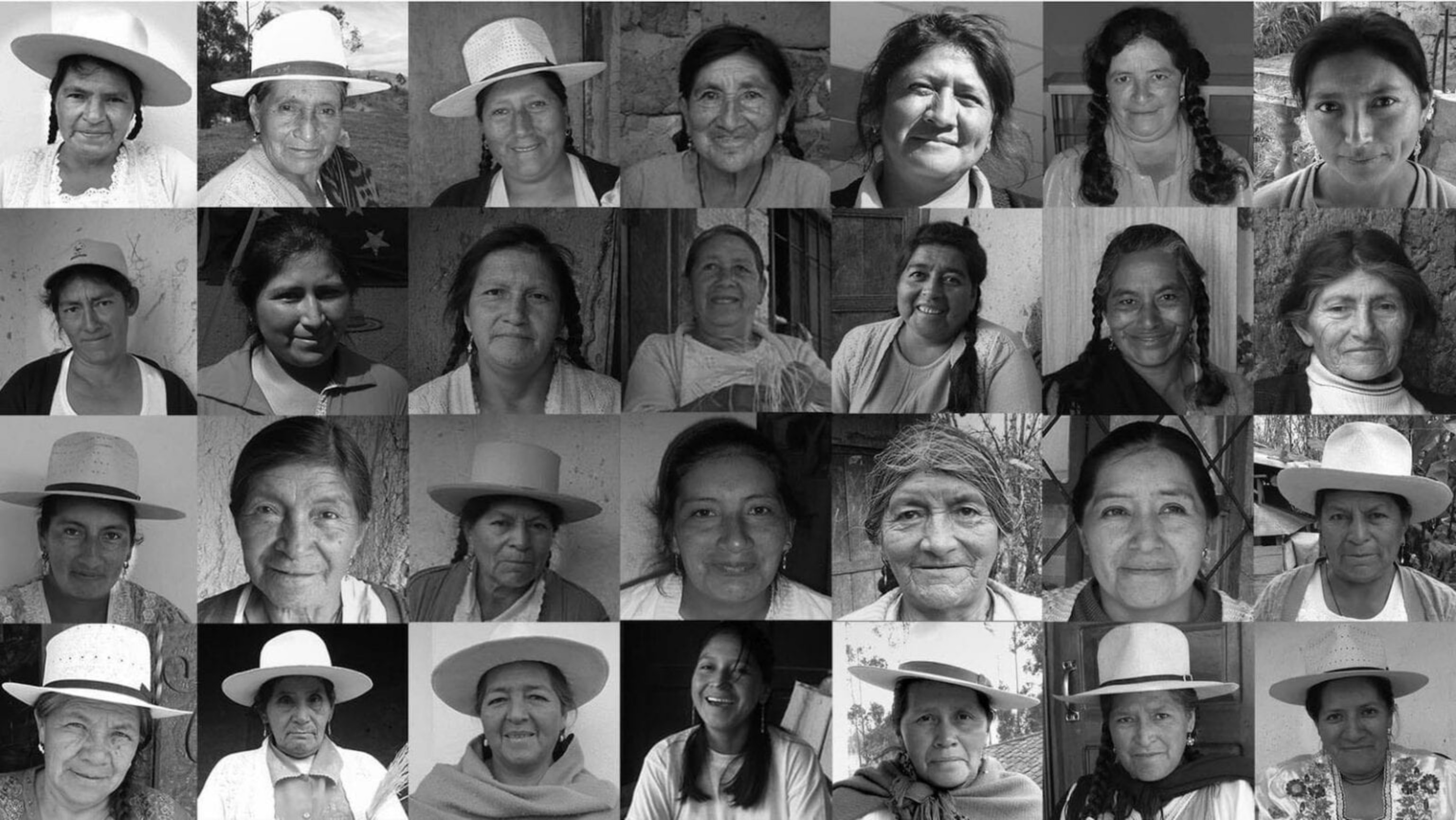Who Made Your Panama Hats
Weaving A Better World: How HatsFashion Is Revolutionizing The Panama Hat Industry

The art of creating Panama hats is an integral part of daily life for Andean mountain communities in Ecuador. Women weave hats everywhere, from the bus to the market to the fields. But this timeless skill is under threat due to the continued exploitation of underpaid weavers by unscrupulous intermediaries.
HatsFashion is a company that works directly with artisans through every step of the process, ensuring that as much of the final value as possible remains in the hands of the artisans themselves, not with intermediaries. We pay a fair price, calculate the cost of raw materials, dyes, overheads, labor, and profit margin, and monitor local cost of living to ensure fair wages. We also provide ongoing training and investment in tangible skills such as design development, weaving skills, costing of products/overheads, and health and safety, as well as intangible benefits such as self-esteem and human relations.
We are committed to preserving and encouraging traditional hat weaving skills in Ecuador, and we work with weaving associations to break down the price of every style of hat. Our business practices have been recognized with various certifications and labels, including becoming the first company in the world to be Fair Trade Certified under the Sustainable Fair Trade Management System in 2009, piloting the Fair Trade Guarantee System in 2011, and collecting over 60 social, environmental, and economic indicators for the three-year EU Geo Fair Trade project.
Our work is more than just fair trade. We are revolutionizing the industry by developing a new generation of standards through collaborations with the EU Eco-Management and Audit Scheme (EMAS) Easy and eco-mapping creator Heinz Werner Engel. These standards adhere to a bottom-up approach, using visual tools such as pictures, emoticons, and symbols to assess, map, generate feedback, and ensure document compliance in an inclusive and accessible way for our artisan groups.

Our efforts are not only about preserving a cultural heritage but also about taking responsibility for the future. The average age of our weavers is 58, and we must ensure that this way of life is viable for future generations. By weaving a better world, we are building a sustainable future for the communities we work with and the planet as a whole.
